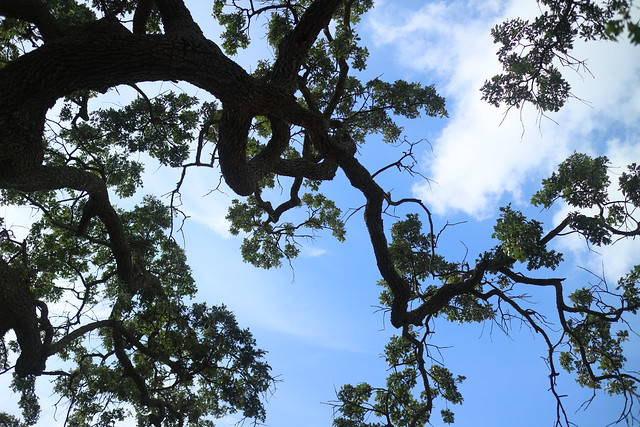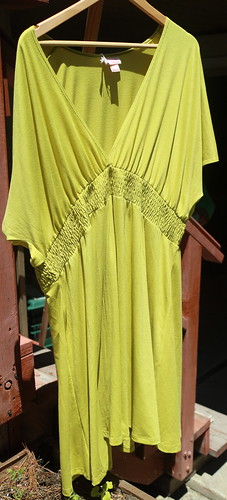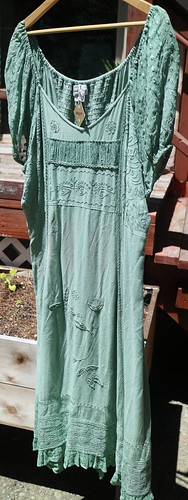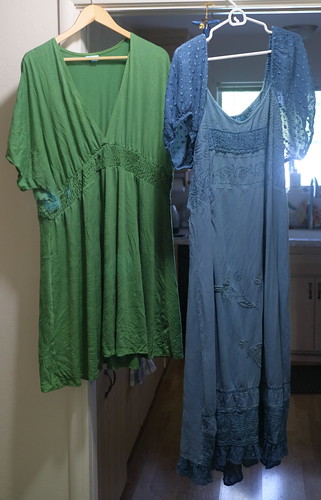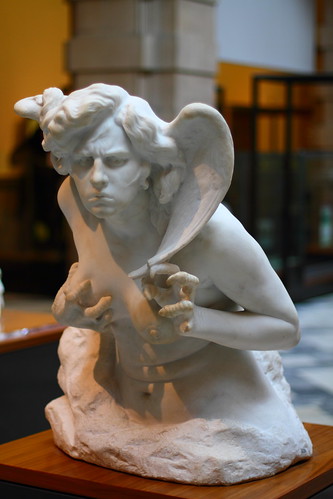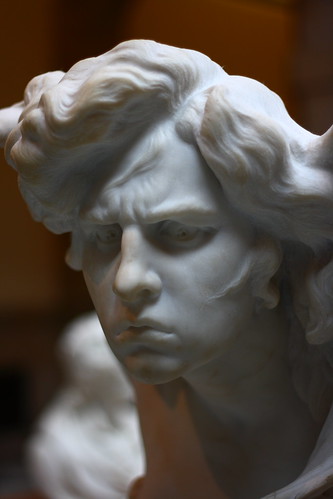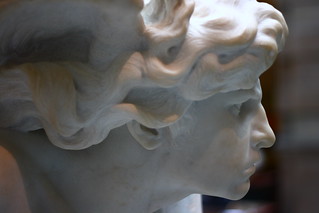“If only it were all so simple! If only there were evil people somewhere insidiously committing evil deeds, and it were necessary only to separate them from the rest of us and destroy them. But the line dividing good and evil cuts through the heart of every human being. And who is willing to destroy a piece of his own heart?”
— Aleksandr Solzhenitsyn, The Gulag Archipelago 1918-1956
Of course, the title reminds me of that Gatorade commercial years ago. Stubbled athletes, swilling neon sugar water gasp, Is it in you? Welp, not the ability to run a four minute mile, no. As for the rest of might be lurking, well, who can tell? What else constitutes the “it” that’s supposedly in you? “Who knows what evil lurks in the hearts of men? The Shadow knows.” Or… you know, doesn’t. Like as not, the Shadow can’t tell who you are, either.
See, and, that’s the thing.
Some of us religious people are raised thinking we can tell. Yeah, holy writ says some basic stuff about observing how people behave and saying, a tree is known by its fruit, yeah, but some of us take things further than that, and that’s a piece of unforgivable hubris. Our hearts are open to the scrutiny of divinity, such theorizing goes, therefore we can see into … others? Um, no. We can’t. People are still stuck with the outward appearance. We can’t look at you, and see the contents of your darkness. Because, like as not, we can’t even look past our own.
Last week, my friend Ash (whom I occasionally call “The Great Brain” from those John D. Fitzgerald books I loved in middle school) and me were having one of those “we’re not quite in the writing frame, yet” conversations where we both kind of blether on about whatever is in our heads as we work through how we’re going to frame the larger issues in our various manuscripts. It’s nice having writer friends for these reasons; they don’t really try to make too much sense of what you’re saying right then, as the point is to just say it, and let your backbrain do the heavy lifting of pulling the thesis together. In Ash’s case, that she was raised in a super-conservative religious group brings up for us even more things held in common. Anyway, we were talking about “the church” (and when we say that, we mean Western/American Christianity in general, not necessarily a denomination) and its future in terms of LGBTQ people. Since I’m of a Protestant group, and Ash is not, I was giving her a little of how it’s gone in my hometown, and vice versa. By and large, we were both somewhat somewhat heartened, and somewhat resigned, all at once. There were a lot of new directions, and some not new at all, but horribly the same. Progress invariably only reminds us how far there is yet to go.
And at various points in the conversation, we circled back to this. Something, Ash was saying, will have to change. Indeed, though neither of us could have had any inkling of how deeply we’d both feel those words only two days later.
I have written before about a dear old friend, a man who I, as a child, put up on a pedestal, and discovered with maturity that my heroic statue has the feet of clay we all stand upon. He is a lovely person, deeply traditional, religious, all God-and-country, with a gun on his person at all times, he says, for “protection.” I won’t get into our myriad conversations about his arsenal, because it’s an ongoing thing, wherein he teases me, and I roll my eyes. I am fully anti-gun, he is fully 24-7 armed – always. He is frustrated by the places he can’t carry, is fully licensed to covert-carry, and he always tells me he’ll protect me. I always politely refuse his protection. So far, it’s all a joke; we keep it light, and non-threatening. But, I find myself tilting my head and scrutinizing the weird connection between religion and violence in America that simply… persists. And persists. And persists. Where does this come from? Where is it going?
Something will have to change. In churches and religious organizations, in cultural and ethnic groups, in American society. All of us will have to look within and be willing to consider destroying a piece of our hearts to dig out that which is objectionable. And, no; I am not purporting to know what’s objectionable in you. Some of us don’t imagine we even have a thing that’s objectionable. Quite certain we’re firmly on the side of right, we soldier on, gun in one hand, God in the other. And we go marching on to buy another gun, to protect ourselves in an increasingly violent world where we have to make sure to keep ourselves “safe” from “them.”
Solzhenitsyn advises that we all have a line bisecting our hearts. For those who don’t see it, I suggest we LOOK AGAIN. Go deep.
Is it in us? Maybe.
But, is it within us to change?
And the answer to that we all strain to hear, over the sound of the empty wind.
